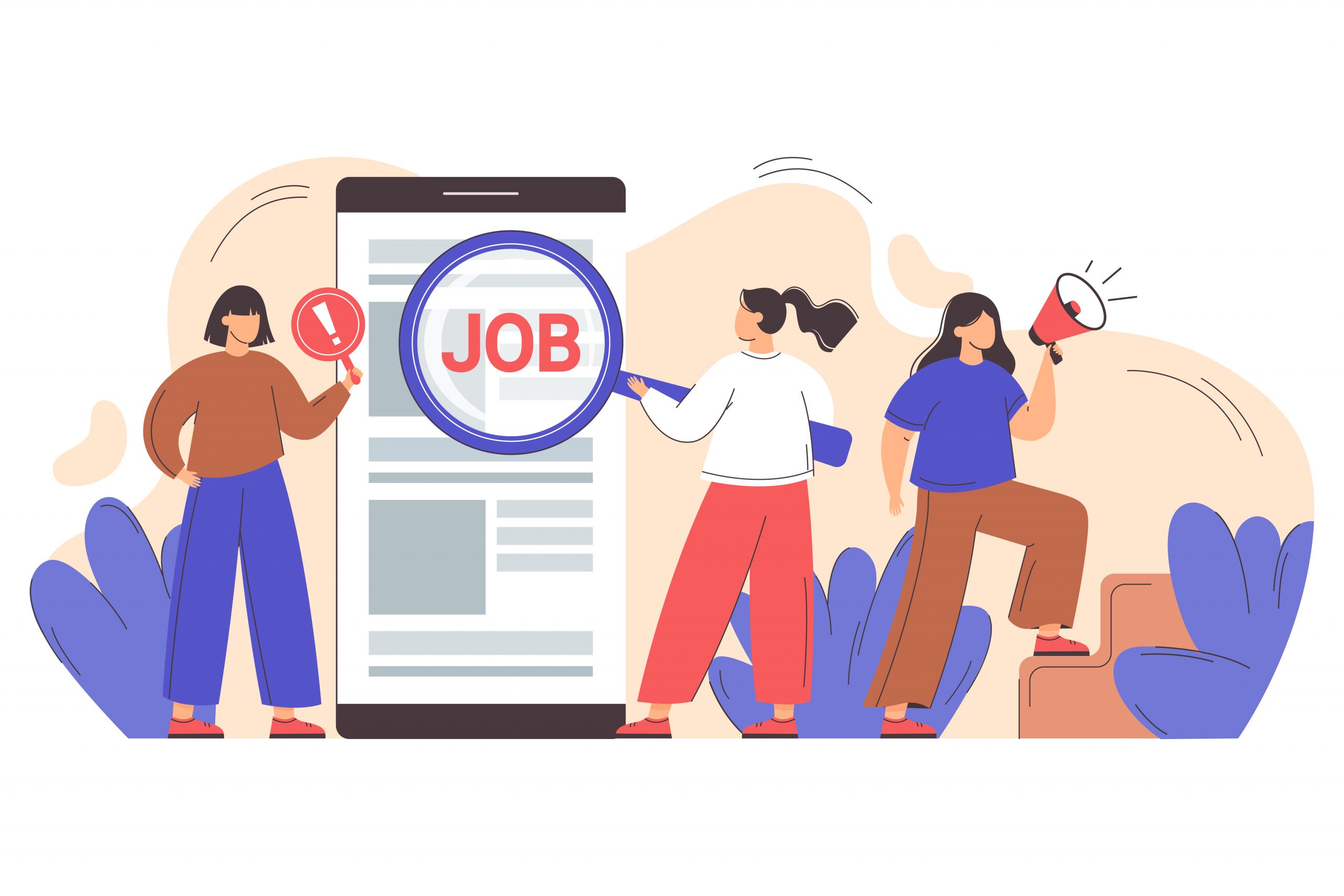What if your future employer doesn’t care where you studied—but what you can actually do? I’ll be honest. When I started applying for jobs a few years ago, it always felt like I was already behind—just because I didn’t finish a four-year course. And I know I’m not the only one.
In the Philippines, we’ve all seen job posts that ask for a diploma before they even talk about the actual job. It used to be frustrating. But something’s shifted lately. Slowly, but it’s happening.
More companies are starting to care less about degrees—and more about skills.
What Is Skills-Based Hiring Anyway?
It’s exactly what it sounds like. Instead of filtering applicants by what school they went to, or how long they spent in a classroom, employers now want to know what you can do.
Can you handle customer emails? Edit short videos? Manage an online store?
Those skills are now getting more attention than your transcript.
And it makes sense, right? What good is a diploma if you can’t deliver?
You’re Not Imagining It—The Job Market Really Is Changing

Let’s look at some numbers:
- 76% of recruiters in the Philippines say they now prioritize skills over degrees for most roles
- Around 43% of companies worldwide have removed degree requirements from certain jobs
- And here’s the kicker: 89% of Filipino workers believe they can get job-ready through non-formal learning like YouTube, short courses, or experience alone
Those aren’t small numbers. That’s a wave.
Why Is This Happening Now?
Honestly, a bunch of things came together at the right time:
1. The Remote Work Boom
Companies no longer hire based on who’s near the office. Talent is global now, and that means they’re focused more on output than credentials.
2. Skills Are Easier to Learn Than Ever
You can learn Canva in a day. Basic Excel? Give it a week. Entire careers now start from watching tutorials or working on small gigs online.
3. Tech Is Changing How Resumes Are Read
Many companies use software (ATS) to scan resumes for keywords. It doesn’t care what school you went to. It looks for skills and formatting.
So… What Does This Mean for You?
Let’s say you’re:
- A 20-something who didn’t finish college but knows how to run social media
- A single mom who used to work in retail and now wants to work online
- A fresh grad with no job experience yet, just a hunger to learn
Skills-based hiring gives you a chance to break in—if you can prove what you’re capable of.
The degree might not be there, but the opportunity is.
How to Prepare for This New Hiring Style
If you’re thinking, “Okay, this sounds great, but where do I start?”—here’s what helped me (and a few friends, too):
1. Focus on Building Skills
Pick a path. Learn 2–3 tools used in that field. Practice. Make sample work, even if it’s just for fun.
Example:
Want to be a virtual assistant? Start with Gmail, Google Sheets, and Canva.
Social media manager? Get comfortable with scheduling tools and analytics.
2. Create a Portfolio
Doesn’t have to be fancy. Just show that you’ve done the thing. A few screenshots. A Google Drive folder. A LinkedIn post that performed well. Anything.
3. Build a Resume That Highlights Skills (Not Just Jobs)
This part trips up a lot of people. Most resumes are either outdated or full of fluff. That’s where I discovered VioResume.
My Secret Weapon: VioResume
Honestly, I wish I found this sooner.
It’s an AI-powered resume builder made for people like us—Filipinos who didn’t follow the “traditional” career path but still have a lot to offer.
Here’s what makes it work:
- 🎯 You just type in what you’ve done (e.g., “Handled customer messages on Facebook”), and it rewrites it into recruiter-friendly text
- 🧠 It highlights your skills, tools, and responsibilities—not just job titles
- 📑 It formats everything in a way that passes ATS software
- 🔍 It even matches you to jobs based on what you’re good at
The first time I used it, I applied for three jobs. Got two interviews the next week.
Not bad for someone with no diploma and zero confidence.
Real-Life Roles Where Skills > Degrees
These are jobs I’ve either tried, almost got, or know someone who did—with or without a degree:
- Virtual Assistant (one friend learned everything from YouTube)
- Freelance Writer (no writing degree—just good research skills and practice)
- Social Media Manager (started managing a friend’s business page for free)
- Customer Support Agent (BPO background, now fully remote)
- Graphic Designer (Canva and Figma master—self-taught, no art school)
You don’t have to be an expert. Just be capable, curious, and committed to learning.
A Few Tips Before You Start Applying
Let’s keep it real. Skill-based hiring doesn’t mean you just show up and everything’s easy. You still need to stand out.
Here’s what I learned:
- Use the right keywords on your resume (this is where VioResume helps a lot)
- Tailor your resume to each job (it takes 3 minutes using a smart resume tool)
- Add a video resume if you’re applying for client-facing roles—it builds trust
- Track your applications and follow up (especially if it’s a role you really want)
Final Thoughts (From Someone Figuring It Out Too)
If you’re reading this and you’ve been feeling stuck because you don’t have a degree—please know this:
You’re not less than. You’re not late. You’re not unqualified.
You just need the right tools, the right approach, and a bit of patience.
The job market is changing—and it’s finally starting to work in your favor.
🎯 Try VioResume Today (If You’re Ready to Stop Guessing)
It’s free to try. You just enter what you’ve done, pick a template, and start matching with jobs right away.
✅ Build your resume in minutes
✅ Get matched to jobs that fit your actual skills
✅ Apply with confidence—even without a degree




